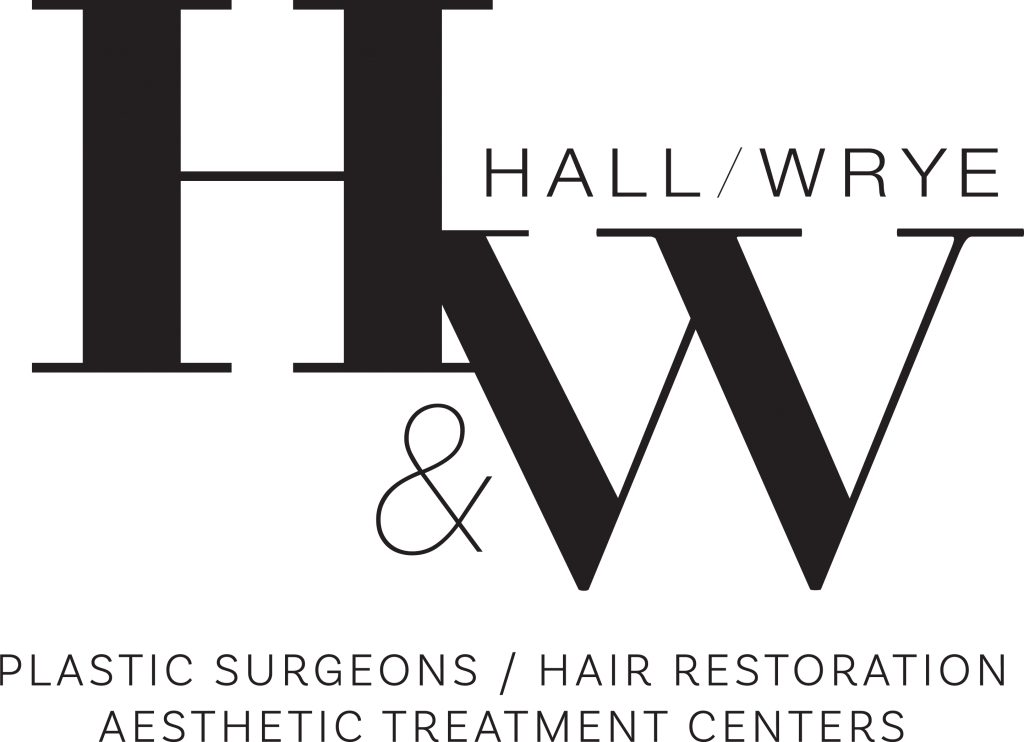 Often you see lavish commercials for products that claim to help with rejuvenation and anti-aging skin, examples are Estee Lauder, Clinique, and Nutragena. These products are called ‘over the counter’ skin care products. Over the counter skin care products are designed to be weaker and diluted because they are designed to be used by the general population & often these products are too weak to penetrate through the layer of dead skin cells that lay on the surface of your skin. So, if there is a skin care product that is designed to treat oily skin, over the counter products are made to be just strong enough to provide some relief from oily skin, but not so strong that it would correct the issue long term. Over-the-counter skin care products allow the patient to self-diagnose their skin problem. So a person will say that their skin is oily, as opposed to having a medical professional look at their skin and say they have oily skin. If over-the-counter skin care products were stronger, patients would misdiagnose their skin conditions and risk hurting themselves.
Often you see lavish commercials for products that claim to help with rejuvenation and anti-aging skin, examples are Estee Lauder, Clinique, and Nutragena. These products are called ‘over the counter’ skin care products. Over the counter skin care products are designed to be weaker and diluted because they are designed to be used by the general population & often these products are too weak to penetrate through the layer of dead skin cells that lay on the surface of your skin. So, if there is a skin care product that is designed to treat oily skin, over the counter products are made to be just strong enough to provide some relief from oily skin, but not so strong that it would correct the issue long term. Over-the-counter skin care products allow the patient to self-diagnose their skin problem. So a person will say that their skin is oily, as opposed to having a medical professional look at their skin and say they have oily skin. If over-the-counter skin care products were stronger, patients would misdiagnose their skin conditions and risk hurting themselves.
On the other side of the coin, there are medical-grade skin care products, examples are Skin Medica, Glowbiotics MD, ect. These products are designed to actually correct the skin care problems that people have. They have a higher concentration of their active ingredient and have the ability to penetrate the external layer of the skin and effectively treat deeper layers of the skin.Since medical-grade skin care products can only be bought at a physicians office (or prescribed by a doctor /someone with a medical license), your skin is being treated with the objective to correct your skin issues. With medical-grade skin care products, the patient does not self-diagnose, but instead is given medicine in response to a diagnosis by a medical professional.
Medical-grade skin care products are pharmaceuticals. This means that their purity and their safety is regulated by the FDA. Over-the-counter cosmetics do not all have the same FDA oversight, thus claims of treating skin care concerns are often exaggerated. Before medical-grade skin care products can be released to the public, they must be tested to prove that they are able to treat the skin condition they are prescribed for and to prove that they do not pose any danger to the public.
